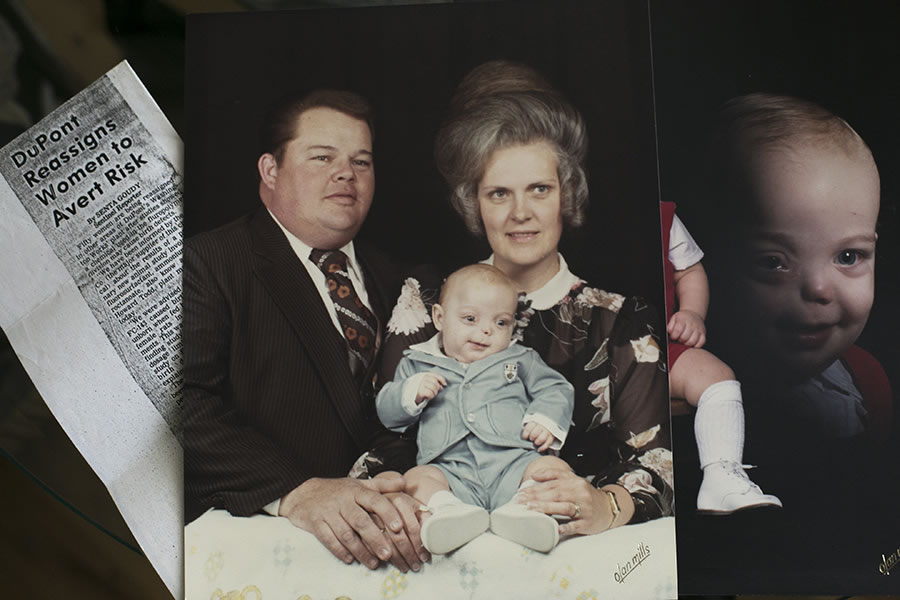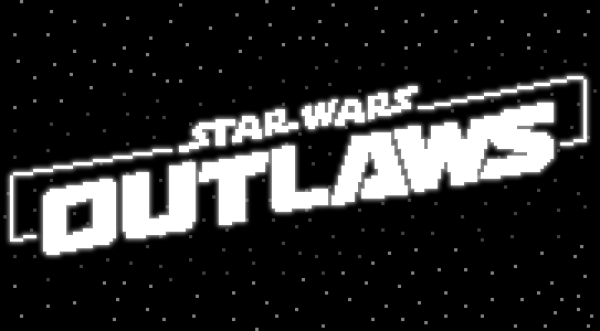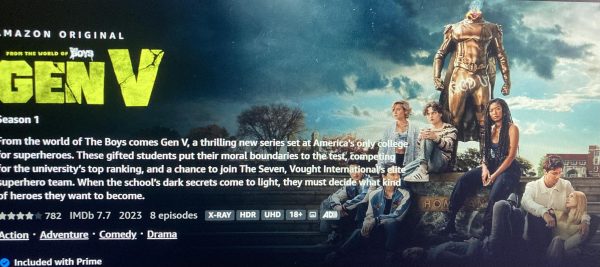“The Devil We Know” Documentary
A picture of Bucky Bailey with the effects of the compound found in Teflon C-8.
December 15, 2022
“The Devil We Know,” directed by Stephanie Soechtig, is an investigative documentary, made in 2018, about one of the world’s largest chemical companies in the world, Dupont, trying to cover up the health risk of their product, Teflon.
This documentary gives first-hand accounts from citizens, workers, lawyers, and associates of Parkersburg, West Virginia, who were involved in some way with this product. This includes one of the main stars in this documentary, Bucky Bailey. Bucky is a victim of the hazardous effects of Teflon being the first out of two defected children caused by the chemical C8 found in Teflon. Teflon has changed many lives of the citizens in Parkersburg and of people all around the world.
This case has been ongoing for over 20 years, not banning this product yet.
Polytetrafluoroethylene (PTFE) also known as Teflon, is a synthetic fluoropolymer that is used for numerous things including the coatings of airplanes, cars, cookie bags, popcorn bags, furniture, pans, and even to rust-proof the statue of liberty. This chemical causes a non-stick, waterproof, and non-coercive reaction. Having been around since the 1940s and not getting publicity for its dangers until the 1960s.
The documentary starts with a man named Bucky Bailey who is the result of his mother being in the presence of the chemical C8 in Teflon. Being defective, he was born with only one nostril and a deformed face, having 30 reconstruction surgeries as a baby. Bucky Bailey’s mom, Sue Bailey, worked at the Dupont factory for years as many citizens in Parkersburg, West Virginia have. Sue Bailey stated she never left Dupont because she “needed the insurance;” however this small choice would cause her to see the horrible effects for years to come.
When making Teflon, the owner of Dupont told the women to “go home” and that “the chemical wouldn’t hurt the men.” This was because of the C8. C8 is the chemical element in Teflon that causes testicular cancer, thyroid diseases, pregnancy-induced hypertension, and ulcerative colitis. Dupont saw this and made the decision that women, especially those pregnant, should not be working in the factories.
Citizens of Parkersburg were practically giving up their land away to the Dupont factory for trade-in money. These people were told that Dupont was going to use the land for “non-hazardous waste only.” However, this was not the case.
One of the farmers who gave his land to Dupont lived right near the factory and stated that he started to notice a change in the water, it being bubbly and foamy. He also noticed dead fish washing up along the riverside along with dead animals scattered around the water.
Dupont saw the publicity it was acquiring and decided to do a blood test to see how far its chemical had gone. The test would be looking for any clean blood in the area and to everyone’s surprise, the test came back with no clean blood, coming back in people’s systems in Parkersburg. So, they decided to expand the research outwards to see if it had gone any further and there was no clean blood anywhere except for the people in the Army and some areas outside of the United States. People who were consuming this water worldwide, had major health issues and for areas like Parkersburg, West Virginia, cancer is very common and now it was clear why.
Dupont has spread C8 all over the world by now, the water is infused with this toxic substance. Over 3,500 lawsuits were filed. Today, Teflon is still being used on everything including the non-stick pans we have right in our kitchens. Dupont was so sneaky that they wouldn’t even tell their own employees about the dangers of their own product. They had documents upon documents showing that Teflon should not be used, but they used it anyway.
People all around the world were protesting and demanding the need for clean water, but nothing has been done about it. So the question arises, “why haven’t we got rid of it?” Well, it all comes down to an economic situation. Ms. Pinto stated that “The government hasn’t removed the production of Teflon because of how much profit they are making with this product.”












![[Left] Dark Samus (Amiibo) and [Right] Boba Fett (Disney Infinity)](https://shsthetribe.com/wp-content/uploads/2024/03/IMG_9050-600x450.png)